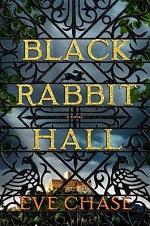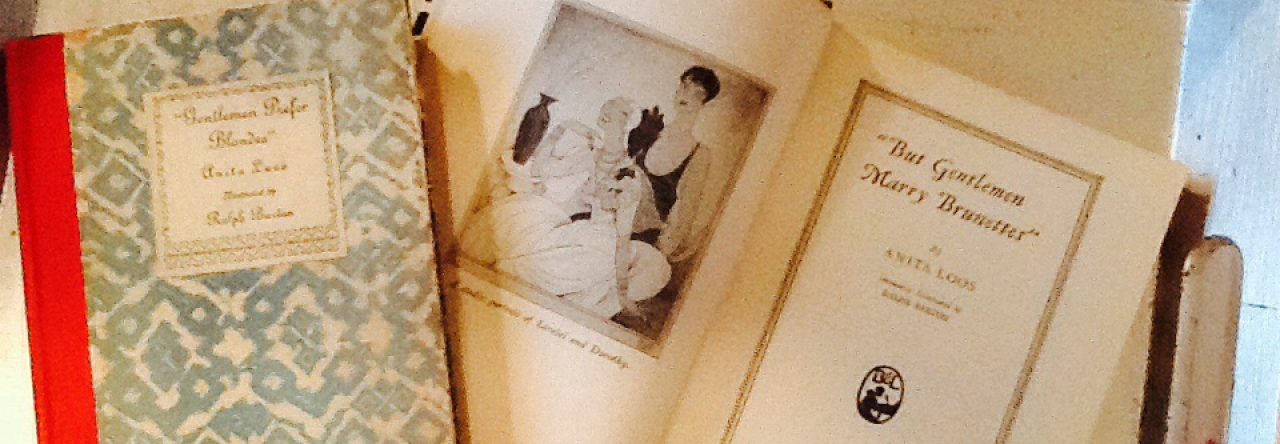 published February 9, 2016
published February 9, 2016
GP Putnam’s Sons
This atmospheric novel set in Cornwall moves the reader back and forth in time as two women experience life-changing events in the genteel decay of Pencraw Estate, known affectionately by the Alton family and locals as Black Rabbit Hall.
The Alton family in the 1960s is the picture of privilege. Toby and Amber (twins), and younger siblings Barney and Kitty bask in the affection of their brash, beautiful American mother, who is equally worshiped by their father, Hugo Alton. Black Rabbit Hall is the family’s summer refuge from the bustle of London. It is eccentrically disheveled and lightly staffed. The floors are uneven, slate flies off the roof with every storm, birds and other creatures perish in the chimneys regularly, the heat is uneven, and the clocks are so hopelessly off everyone must tell time in their own way (a stomach rumble, the position of the sun.)
Still with all that is left unrepaired the Altons wouldn’t trade their time at Black Rabbit Hall. Summers are a magic idyll where they shut out the world and run wild in the woods, splash at the beach, and watch for the rabbits to come out of their dens at dusk.
As with all good gothic page-turners tragedy comes and the heart is torn out of Black Rabbit Hall. We skip forward in time as Lorna, a young bride-to-be is drawn to Pencraw, a place she vaguely remembers from childhood trips with her family. It is now truly in disrepair and inexplicably on the market as a wedding venue. Chase seems to take great delight in giving the Hall a personality of its own (a breakfast between Lorna and the lady of the Hall, brittle Caroline Alton, in the decrepit dining room is particularly vivid.) As Lorna’s husband-to-be said, Black Rabbit Hall is “sort of like being trapped in a Kate Bush song.” This satisfying, moody book of tragedy, twists, and fierce love is a good choice for rainy afternoon reading.
Happy reading!
An advance galley of this book was kindly provided by the publisher in exchange for an honest opinion
